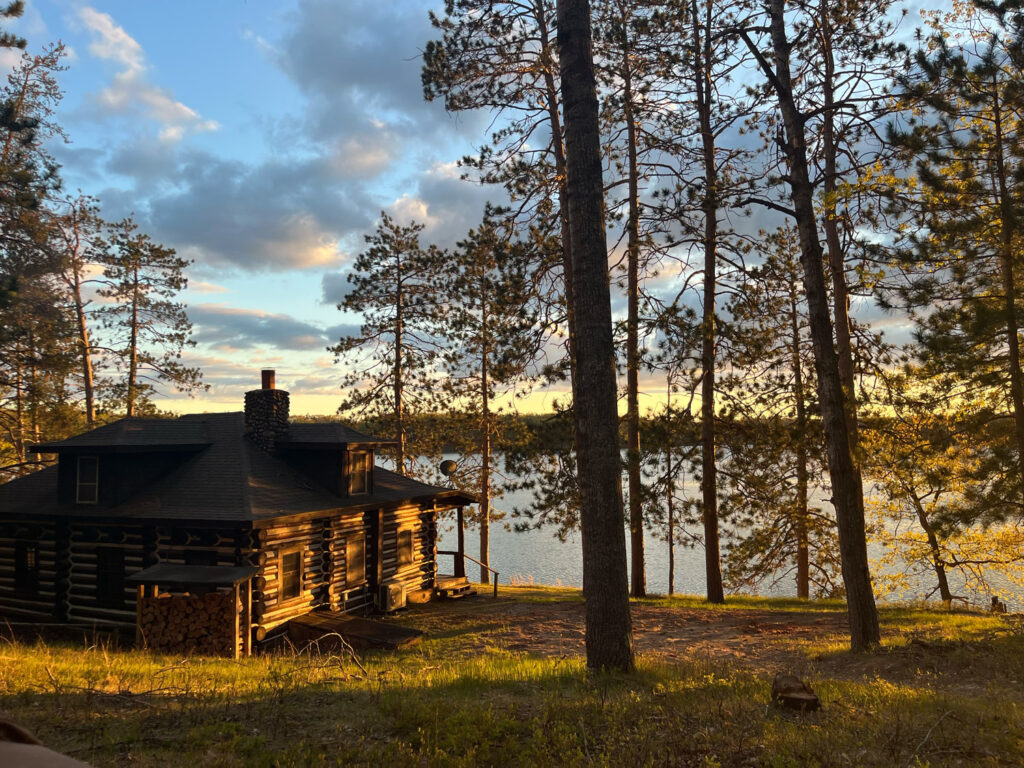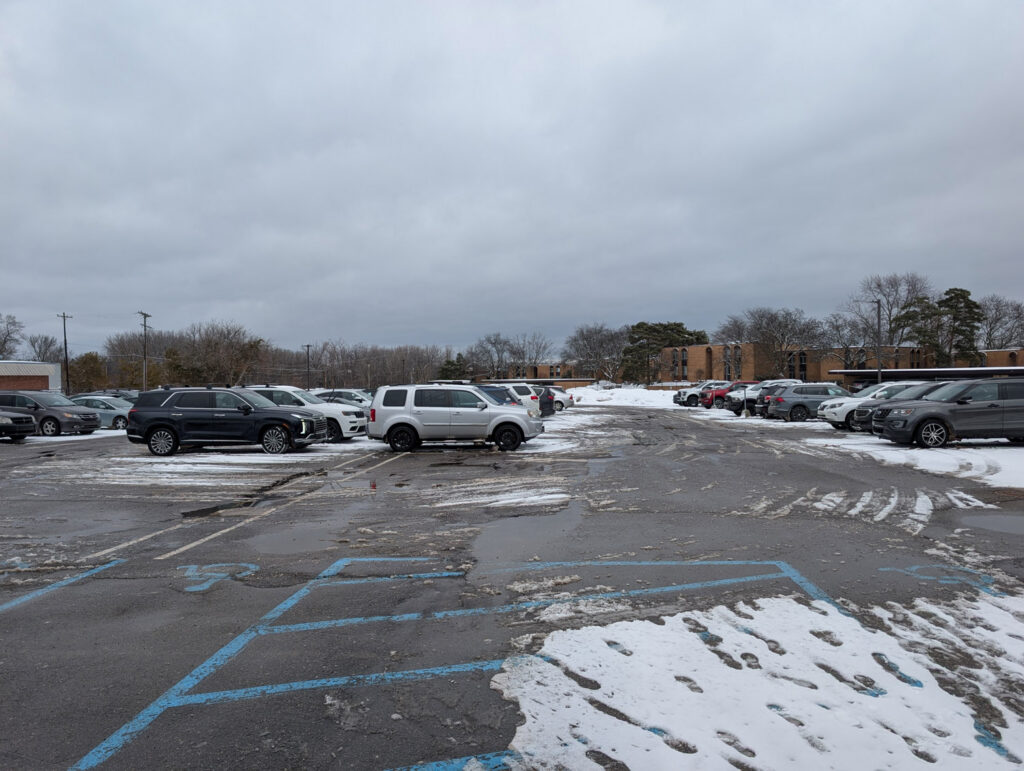Onaway — Black River Ranch is a nearly 9,000-acre sportsman’s paradise that has served as a retreat for hunting, fishing, and leisure for a century. But the Michigan Department of Natural Resources is set to end these traditions.
Having eyed the property, which abuts the Pigeon River State Forest, since the 1970s, the state agency has secured $17 million in funding to purchase the ranch, the majority of which came through a federal grant.
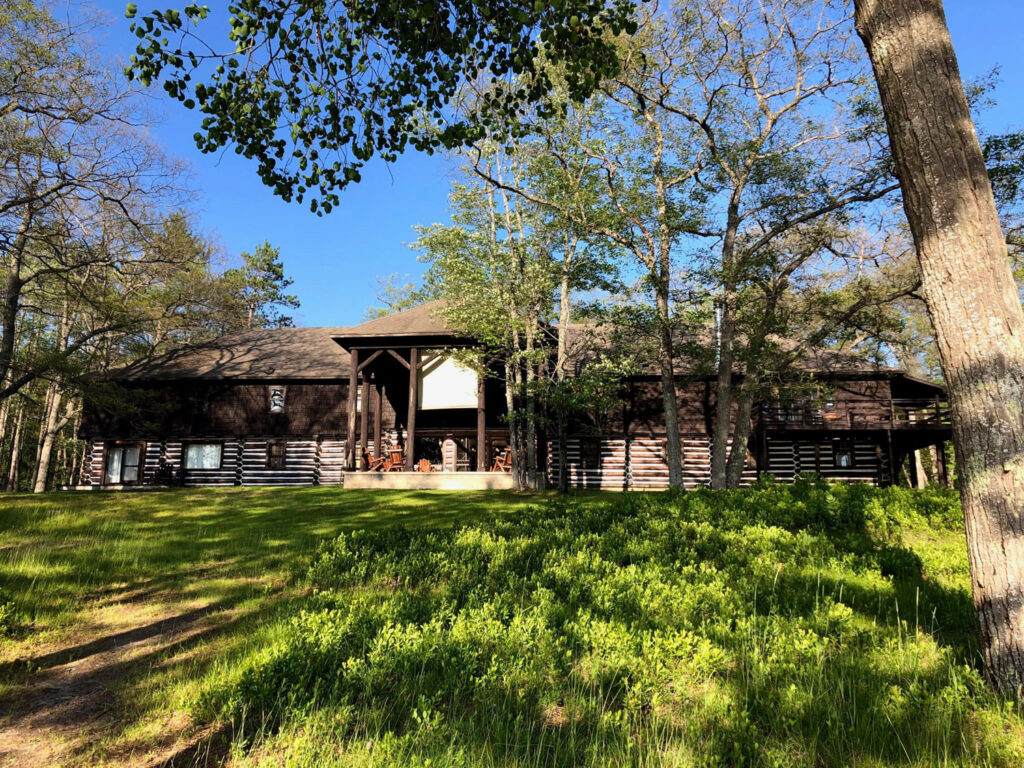
And what will the DNR be doing with this incredible place, which provides necessary jobs and tax revenue in a rural county? They’re going to tear down the buildings, let the roads return to nature, rip up the airstrip, and make it any other wooded park. It’ll be free for anyone to walk around on, but the amenities will be gone if the sale goes through.
This is a case in point for how the government incentivizes degrowth. The feds provide huge grants with taxpayer money to acquire land. This time it’s $10 million from the Forest Legacy Program, whose goal is “to encourage the protection of privately owned forest lands through conservation easements or land purchases.”
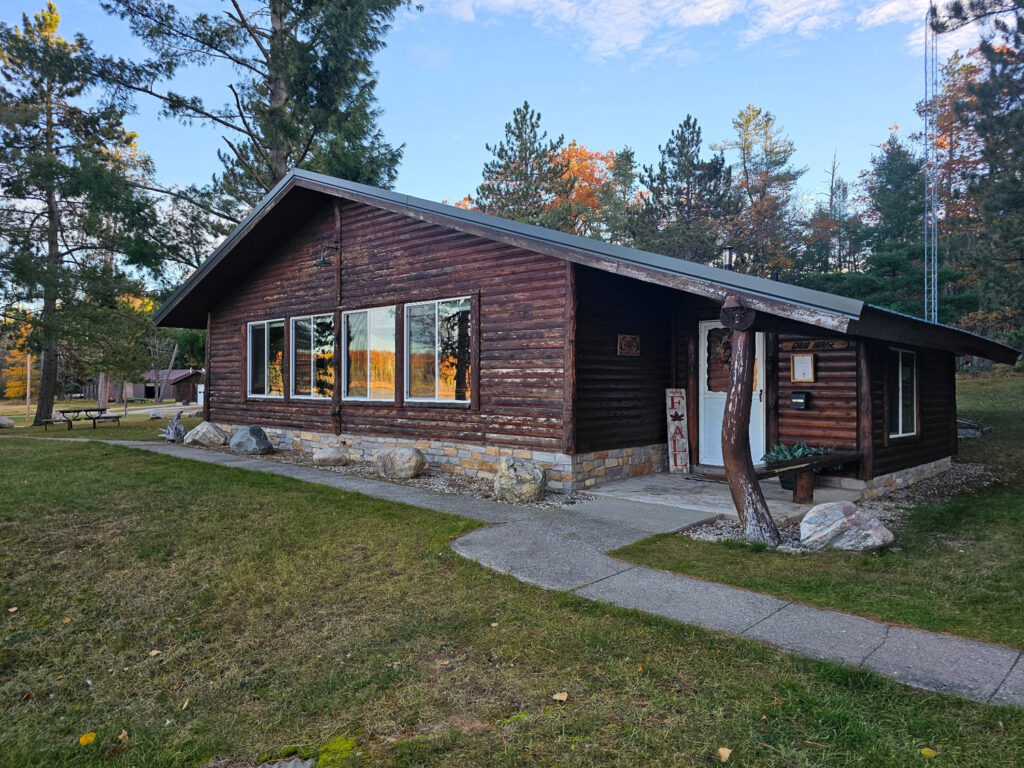
Then hungry DNR grant writers hit up the other funding sources to get more community buy-in. The Little Traverse Conservancy and Rocky Mountain Elk Foundation chipped in $1 million for the purchase.
Can we really blame the Michigan DNR? Some state is going to get the massive Forest Legacy Program grants—might as well be them, right? After the purchase, the state will get glowing headlines about making a sterling forest parcel whole again, meanwhile families who have been coming there for a century lose their hideaway.
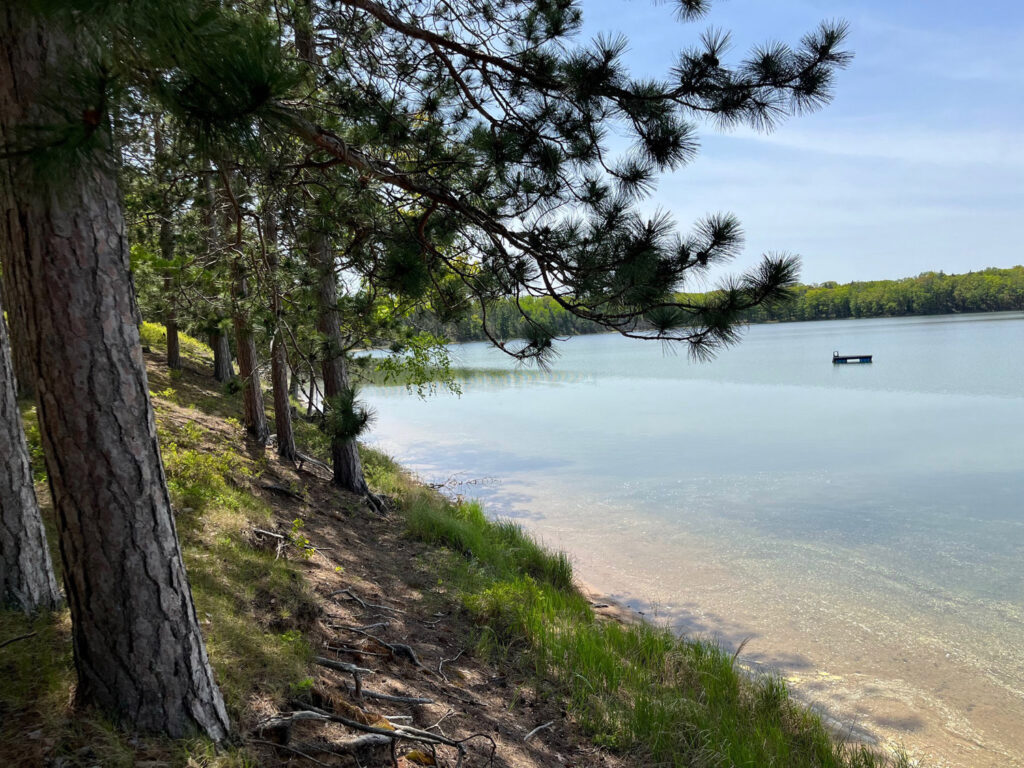
To be clear, the $17 million just purchases the parcel. Even more state resources will be needed to rip down the lovely cabins on the property. A DNR spokesperson also says that after the purchase is completed the agency will make a decision about whether to remove roads and the 4,000-foot airstrip on the property.
The DNR honchos seem to assume (wrongly) that Black River Ranch’s members haven’t been doing enough to improve the land, and that their own staff could do a better job.
But any outdoorsy person who has spent a lot of time on state land knows that there aren’t arborists making great plans for a massive tracts of forest. There aren’t freshwater biologists monitoring streams each season.
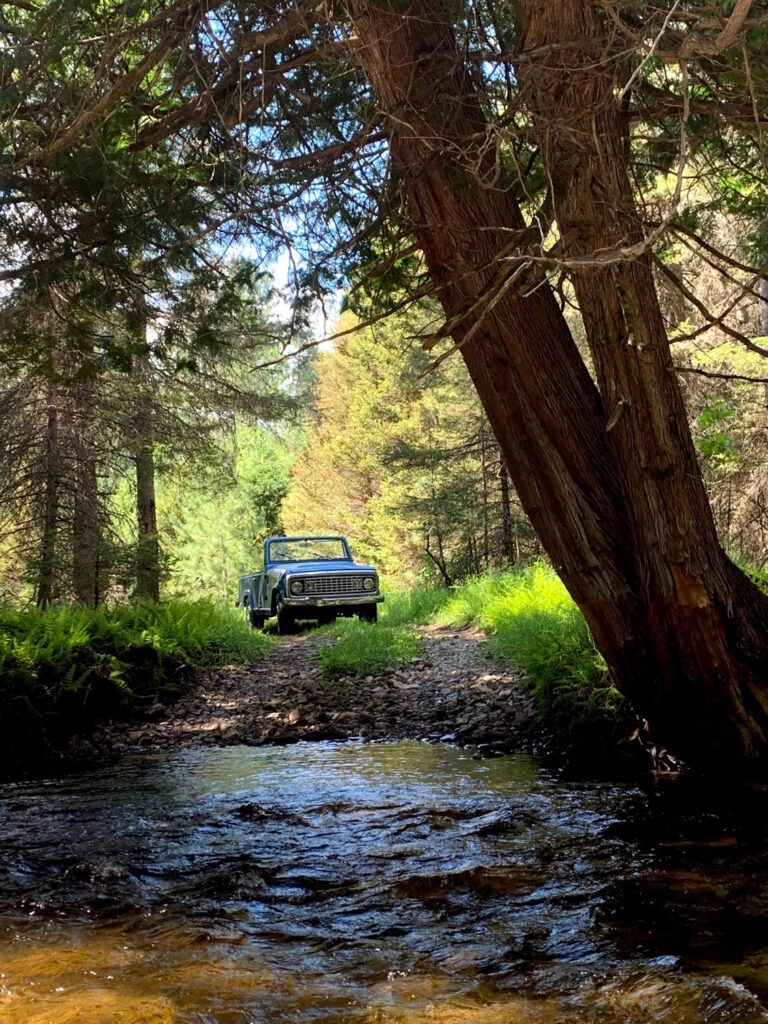
And DNR officers likely won’t be actively hunting and fishing the property, so what info will they really have to make improvements?
One wonders: If only there was a small group of people on the ground, monitoring the wildlife through the seasons, growing crops to attract deer and elk, and even restoring lakes on the parcel. Oh wait, that’s the status quo.
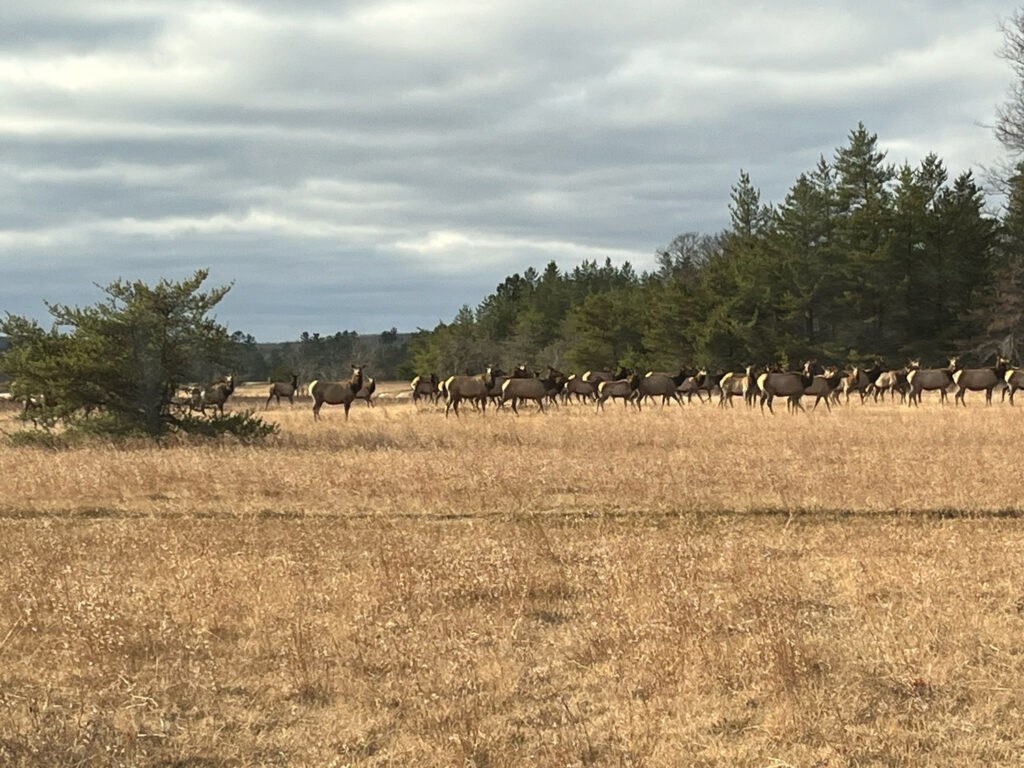
According to members I spoke with, elk gather in herds on the property, where they are not harassed. The forest is trimmed regularly, and the membership plants rye fields to improve deer health. The members also have high standards for deer management and plan out which ones to harvest each year.
Perhaps the most surprising thing? The membership has raised $18 million—the full asking price—to purchase the property instead of the DNR. The issue seems to be that Black River Ranch’s owners have signed an option with the DNR and are leaning toward finalizing the sale.
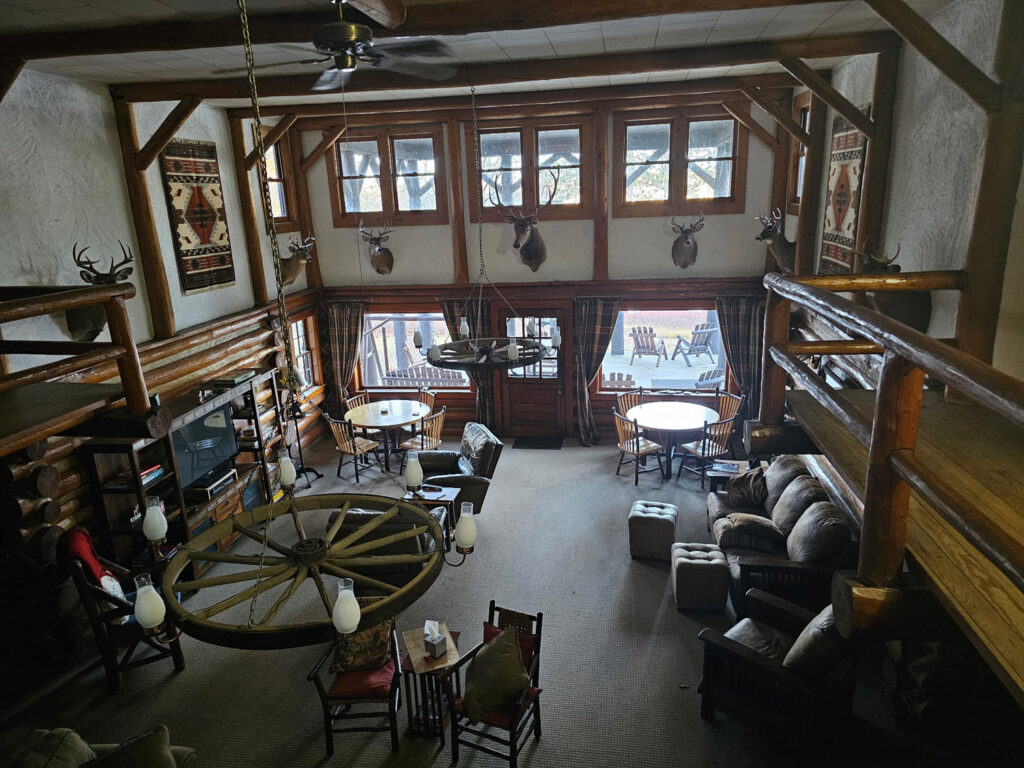
But anyone who has bought a home knows that an “option” is just that. You have time to back out, to look at other offers. But sources say the owners are afraid of legal reprisal and the associated costs of going with the membership’s offer.
A legal fight would likely be worth it. The DNR is blowing grant money to return a century-old property to nature, and the members are looking to preserve the property for another century to come. The state says it worries about “fragmentation” of the property to small landowners, but if the membership purchases it, that worry is moot.
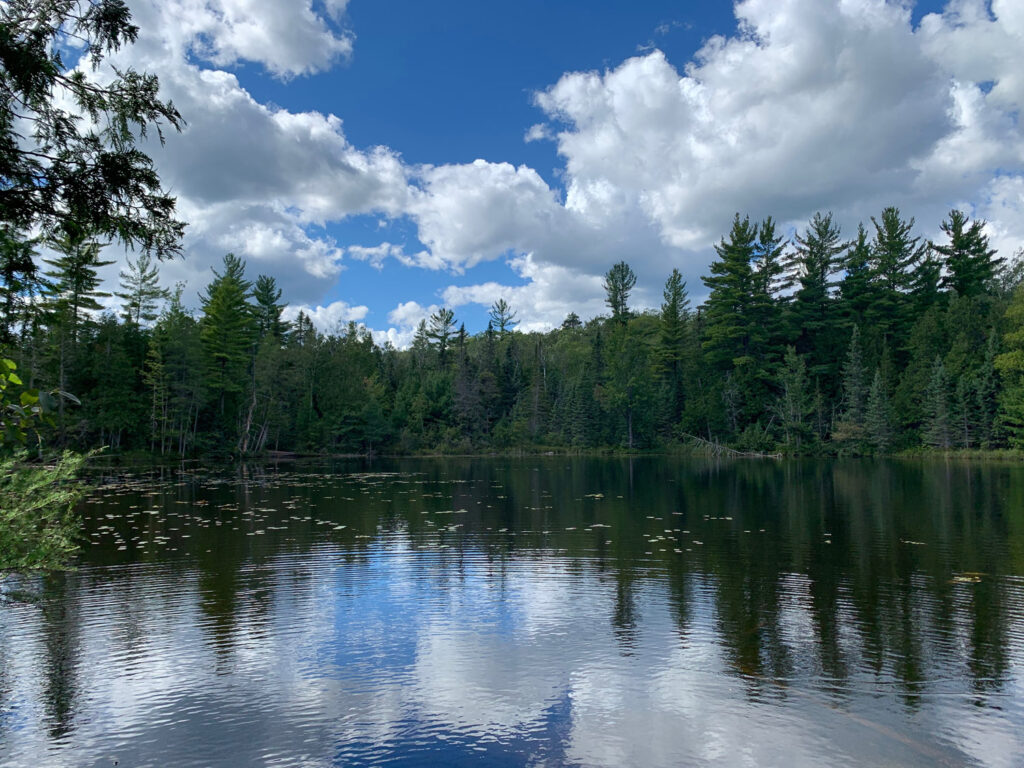
One member shares what would be lost. His mother-in-law was nearing 90 when she took a trip to stay at the lodge the DNR plans to rip down. She sat on the porch, taking in the halcyon splendor of Northern Michigan while putting together a puzzle. After a long life, she said this was her favorite vacation ever.
If the owners take the DNR deal, goodbye to all that.
Mark Naida is editor of Michigan Enjoyer.
